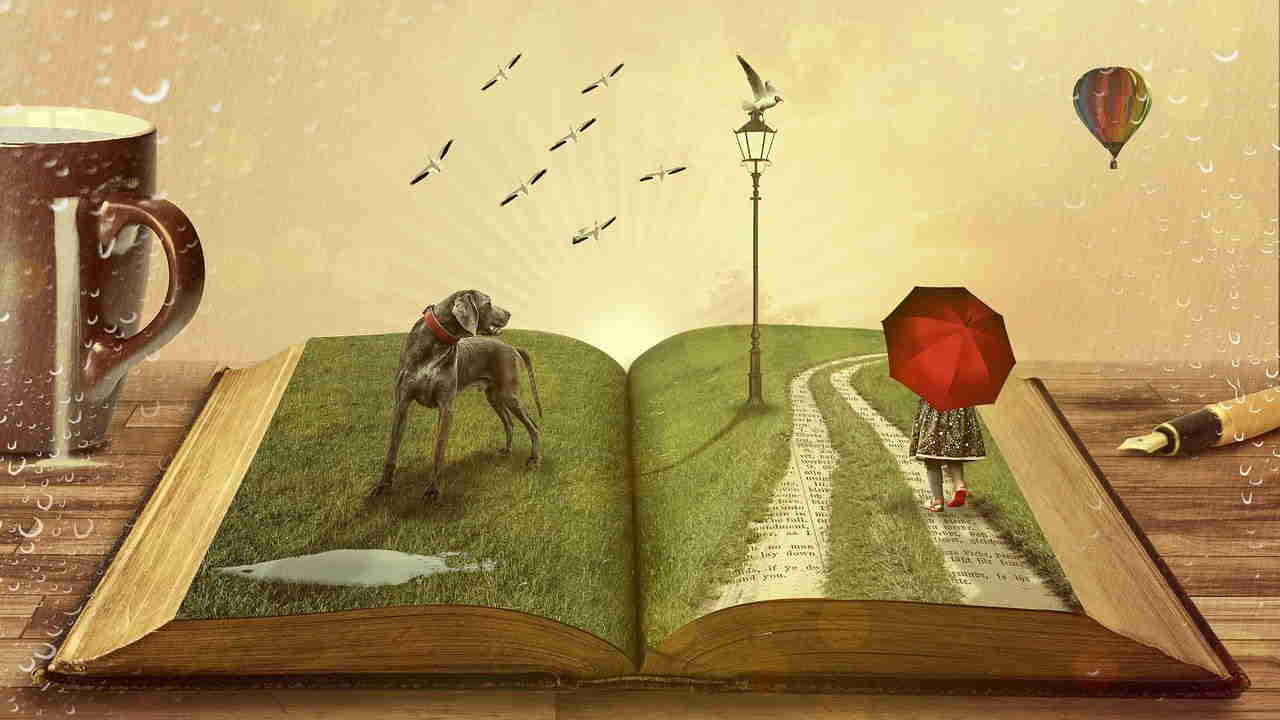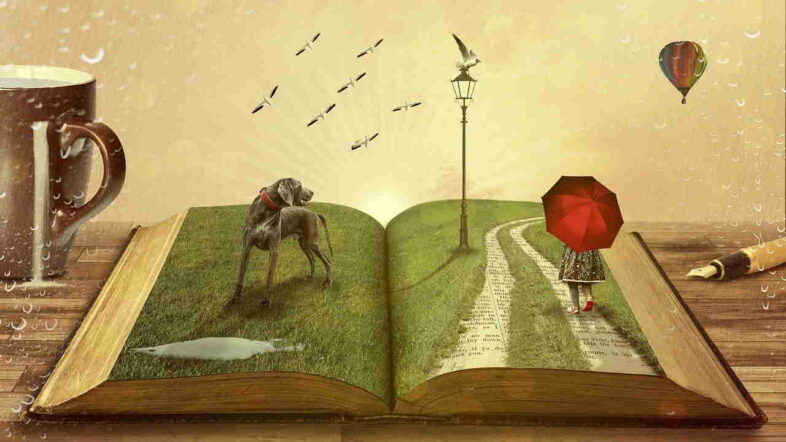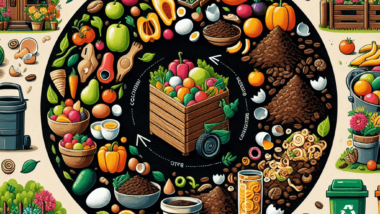Oral History Tells Us About Our Ancestors
Have you ever asked your granny or granddad to tell you stories about when they were young? Or maybe an elderly aunt or even a family friend has hinted at scandals from the past, that you never heard about when you were a child? Maybe someone said something that was instantly hushed over?
Story Telling Memories
An older cousin of mine told me stories that my own parents would never have mentioned and one of my grannies told me a shocking story that happened before I was born, to an uncle and aunt, involving a tiny baby and a young neighbor child.
Maybe you have been to listen to a bard or story teller, telling tales about past events? The story-telling tradition, possibly especially at Hallowe'en, Christmas or New Year is still strong in some communities.

Have you ever asked your granny or granddad to tell you stories about when they were young? Or maybe an elderly aunt or even a family friend has hinted at scandals from the past that you never heard about when you were a child?
Perhaps someone mentioned something that was instantly hushed over? An older cousin of mine told me stories that my own parents would never have mentioned, and one of my grannies shared a shocking story that happened before I was born.
It involved an uncle, an aunt, a tiny baby, and a young neighbor child. Maybe you have listened to a bard or storyteller recounting tales about past events.
The storytelling tradition, possibly especially at Hallowe'en, Christmas, or New Year, is still strong in some communities. Children in school are often given an oral history project to carry out on something local, whether memories of a war or a local landmark and asked to interview their elderly relatives or their friends to find out more about that era.
This is all oral history, whether it's about what happened during a war, something that happened locally, or just something within one family.
Sometimes, we hear these stories and forget details when we come back to tell someone else or go to search for our family history.
That's why it can be useful to write down these stories before the person telling them either dies or is no longer able to communicate. There are many cases where people have said, “I wish I had listened to my granny when she was here …” or other similar regrets.
What Is Oral History?
Academics use oral history to reconstruct people's daily lives in past generations.
They consider oral history to be the study and collection of oral historical information about people, places, significant events, or daily life with oral transcripts, videotapes, audiotapes, or written transcriptions of oral interviews.
Oral history has various forms and is often referred to as the history of oral culture, the oral tradition, or oral history. In this form of documentation, oral sources are often cross-reproduced in chronological order, but without changes to the meaning of the text.
Oral history is a rich source of information about people and their lives and helps researchers learn about past demographic patterns, local culture, and community organization.
The Origins of Oral History
Oral history was one of the first ways that people documented their lives. Oral histories were common in ancient societies such as Egypt, Greece, Rome, and Mesopotamia, where households had histories compiled by their elders.
Such records offered details about family members, battles, and events that took place, usually during ritual occasions.
Through oral history, people learned about common customs, religious beliefs, geography, and even political activities. It also contributed to our modern understanding of human interaction and development.
Methods of Documenting Oral History
During the twentieth century, different methods were developed for interviewing people who have yet to die.
Interviewing living people is a challenging task in many regards, as the duration of time the interviewee will live is still unknown, and the possibility of further encounters with the interviewed subject is not always possible.
The process of documenting oral history depends on several different methods. Interviews are often done by experts such as archivists or former residents of the area in which the interviews take place.
Oral histories are often recorded by interviewees that the oral history researcher has in common.
Some researchers turn to documentary sources, especially oral histories that focus solely on an aspect of the subject's history, such as the period of the subject's life or the activities of their life.
Oral material from such sources can be mixed with personal interviews to provide a more comprehensive picture of the subject.
Documentary Interview Transcripts
One method of documentation is the creation of a documentary interview transcript, which is a written summary of an oral interview containing all the relevant points related to the subject, providing insight into their thoughts and opinions.
Video Collages
Another method is the creation of a video collage, which compiles still photos and video clips showing specific events or occurrences in the subjects' lives.
These photographs and videos make fascinating study materials, which can be used to teach students about the subject, allowing them to see how they would have interacted if they were in the interviewees' place and time.
Preparing for an Oral History Interview
If you are conducting an academic oral history interview, you need to keep the style guide in mind. The guide is designed to provide a clear and concise explanation of proper interviewing practices.
It provides a list of questions to be asked in a formal interview and describes the format of responses to these questions. When preparing for an oral history interview, always refer to the style guide.
Engaging with Older Generations
Another advantage of using oral histories is that it allows you to speak to people who might not otherwise be receptive to your questions. This might be especially important if you are interviewing older people because sometimes there are assumptions about their past that are subtly made when they first meet you.
Sometimes these assumptions are wrong, and it is because older people might not be aware that they are being categorized incorrectly, leaving them with wrong expectations from the beginning.
The Importance of Oral Histories
Oral histories allow you to tell stories about the people who had an impact on our history. You can learn more about the people who created history, their perspectives, and thoughts about their lives. You can tell us their anecdotes and unique personal details that help you interpret their words. Oral histories give us insight into the lives of key people, and by telling us their stories, you can give us a richer view of how we became the way we are.
This is important because without the stories of those who came before us, we wouldn't know how we got to where we are today. You may not want to provide a huge document for future historians, but recording your own family history is enjoyable and may be interesting for those who come after, as well as useful for anyone who wants to record their family history.
Preserving Family Memories
How many old photographs do you have with no dates or notes on them as to who the people were or why it was important to photograph them? It is, of course, possible to keep a diary of current events. While not oral history, this can be useful in providing dates and events that may match up with later oral histories. Of course, the lives of ordinary people and how they lived are just as important as those of well-known people.
Making a Record
Keeping a record of family stories from talking to older family members is also useful as a way of keeping older people involved and able to communicate. Those with early dementia may not always make sense when asked about what is happening currently, but their memories of the past may be sharp and crystal clear, and they usually enjoy talking about the past to someone who will listen.
Why not write down these family memories? They may provide important information for you or future family members, and it is certainly an enjoyable way to spend time with an older person who may not be around for much longer.
Madge enjoys talking to older relatives about their memories of when they were young. There were so many oral history stories she heard when young that she now doesn't have details for, so these days she writes them down in a book to keep a record.
Frequently Asked Questions
What is Oral History?
- What is oral history? Oral history is the study and collection of oral historical information about people, places, significant events, or daily life through oral transcripts, videotapes, audiotapes, or written transcriptions of oral interviews.
- Why is oral history important? Oral history provides a rich source of information about people's lives and helps researchers learn about past demographic patterns, local culture, and community organization. It also helps preserve personal stories and family histories.
How to Document Oral History
How can I document oral history? There are several methods to document oral history, including:
- Conducting in-depth interviews with individuals
- Recording conversations and stories
- Creating video or audio recordings
- Transcribing interviews and recordings
What should I consider when conducting an oral history interview? When conducting an oral history interview, consider the following:
- Prepare a list of questions to guide the conversation
- Create a comfortable and relaxed atmosphere
- Listen actively and encourage the interviewee to share their stories
- Ask follow-up questions to gain more insights
- Obtain consent from the interviewee to record and use the interview
Preserving Family History
How can I preserve my family's oral history? To preserve your family's oral history, you can:
- Interview older family members and record their stories
- Write down family stories and anecdotes
- Create a family tree or genealogy chart
- Collect family photographs and documents
- Share your family's history with others
Why is it important to preserve family history? Preserving family history helps connect us to our past, understand our identity, and learn from the experiences of our ancestors. It also creates a valuable legacy for future generations.
[First posted September 2021.]



